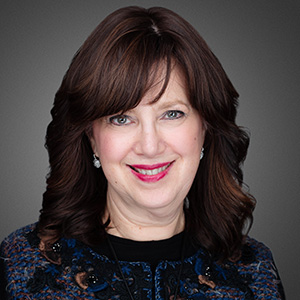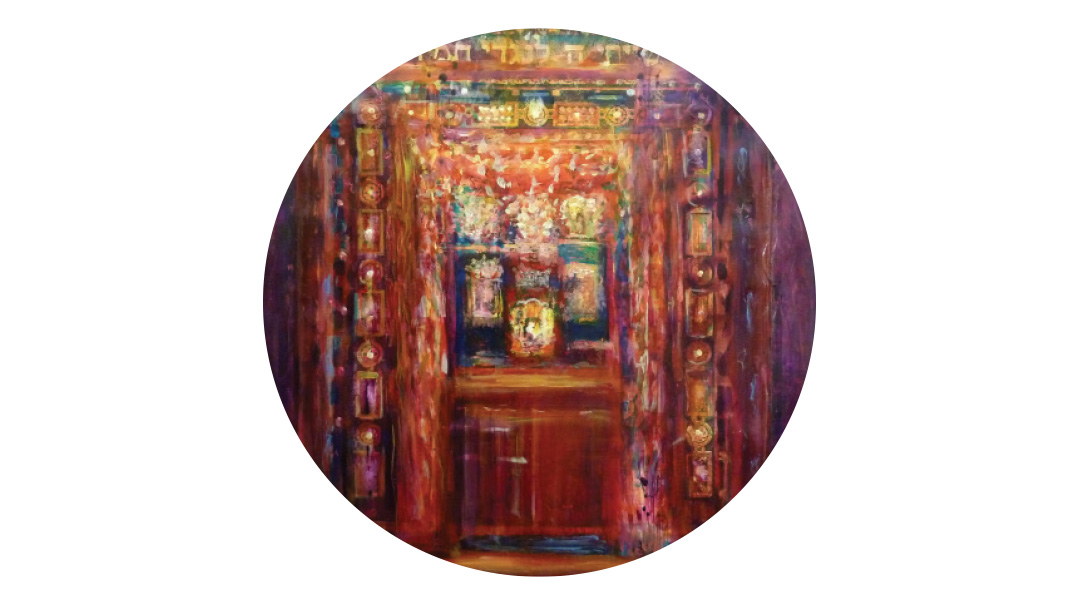Choose Forgiveness


F
or 17 years Sara has been picking up her husband’s clothes from off the floor. Having tried unsuccessfully every way she could to get him to put his belongings away Sara is resigned to the situation realizing there are much bigger issues and the package she was given is a good one. Sometimes though she wonders why her husband doesn’t make an effort to change this small behavior as she’s made it clear so many times that it bothers her.
Talia works full-time. In the evenings after the kids are in bed she looks forward to curling up on the couch with a good book. Her husband Yosef is talkative and likes to share the ins and outs of his day with her. She closes the book when he comes into the room but he often feels frustrated. Seeing the glazed look in his wife’s eyes he knows that her body may be in the room but her mind is on the characters of her book.
They’ve spoken about it many times and Talia maintains that she’s listening when Yosef speaks. It’s not the biggest deal and Yosef lives with it but he has to fight a feeling of defeat several times a week.
When two people live together it’s inevitable that misunderstandings will occur. Even without malicious intent there are times when each will be hurt by something their spouse says or does. As the years pass those hurts get added to the luggage we carry with us in our lives. In extreme cases if the hurts aren’t addressed the suitcase can start to feel very heavy.
The Laundry List
Even if the situation isn’t so terrible most married people carry a laundry list of things about their spouses that they would like them to change. “He should be more passionate about keeping mitzvos; what example is he setting for our children?” “She should keep the house more orderly I can’t live in a mess.” “He should be around more at night to help the kids with their homework I can’t do it all.”
We know that we can’t expect the Creator to forgive our missteps if we don’t forgive others as we’re often reminded that Hashem deals with us measure for measure. And no marriage can survive without forgiveness. Imagine that you cut yourself or stubbed your toe and it couldn’t heal. The ability of the body to heal is a metaphor for the human condition that allows what’s broken to be repaired both within ourselves and in our relationships.
As critical as it is to forgive it is equally important to seek forgiveness. But we can’t do that unless we’re willing to stop and take stock of our own behavior and realize the areas in which we’re the ones causing the hurt and frustration to the most important people in our lives. This is difficult and if we let our minds go there at all we often become masters of dan l’kaf zechus — but instead of thinking of all the reasons we should forgive our spouses we’re very clear on all the reasons they should not be annoyed with us.
At this time of year though we’re required to ask ourselves: “What are my aspirations for the coming year? Where am I now and where do I need to get to?” This needs to be transposed into asking “What are my aspirations as a spouse for the coming year? Where am I now and where do I need to get to?”
The Vilna Gaon’s mother is reported to have asked her son on her deathbed “What should I bring before theHeavenly Courtas evidence of the life I lived?”
“Say you were a wife and a mother” he told her. The implication is that the kind of a spouse we are is an indicator of the kind of a person we are.
Facing the Facts
As Jews we set the bar high in every area of our lives. Rabbi Shlomo Freifeld would often remark that as the spiritual descendants of Adam we are in all ways me’od — very much (a reordering of the letters of Adam). We can’t aspire to greatness as individuals yet behave with mediocrity toward our spouses. As I learned from Rabbi Leib Kelemen middos don’t split. A person who says “I’m not angry it’s only this particular situation that infuriates me ” has a way to go in addressing her anger.
What makes it so challenging for us to stop and look in the mirror to face the fact that some of our behaviors may be hurtful to others? Our Sages teach “Ein adam ro’eh chovah al atzmo it’s very difficult for a person to see his own guilt.”
We live in a world of fragile egos in which many people struggle to feel good about themselves. As I once heard the venerable Rabbi Dr. Abraham Twerski say publicly “I can give a speech to 500 people and if 499 people like it and one doesn’t I go home feeling badly about the speech.” If I admit that I’m not behaving properly if I absorb the fact that my spouse doesn’t like the way I do or don’t do certain things I risk feeling bad about myself. And that scares us.
An Honest Reckoning
How then can we find the courage to look honestly at ourselves and seek forgiveness from those we have hurt and be motivated to work on those habits that are the cause?
Realize that working on who I am as a spouse is my path to greatness. No one may ever know how hard I am working and how deeply I have to dig into the depths of my being to find the strength and the patience to do so (particularly if I feel alone in my effort) — but my Creator will and it’s His account that matters.
Get new glasses. Try and see the situation through your spouse’s eyes mindset and life experience. To operate on a high level of bein adam l’chaveiro we need to view the other as truly other not as an extension of ourselves. While I may be perfectly comfortable functioning in a mess (which in my mind I see as organized chaos) I need to realize that my spouse is not.
We often think Why can’t he/she just get over it? They aren’t you nor were they meant to be like you. Would I want to come home to a place where the very environment makes it hard for me to do what I need to do? An individual is naturally endowed with a strong sense of right and wrong of how things should be which we often try and impose on our spouses. Remember that the only arbiter of right and wrong in our lives is the Shulchan Aruch and the middos we need to develop to keep all aspects of it. Everything else is up for discussion.
Get more new glasses. Yes I know I said that already but here I mean get new glasses to view yourself differently. Throughout the year the Torah gives us different energies we can tap into to help us on this journey we call life. Yom Kippur gives us something unique a different way to view ourselves. The Talmud (Yoma 86b) teaches “Great is repentance that it brings the redemption.”
Rav Moshe Shapiro explains (Parshas Shoftim 5774) that the connection between redemption and repentance is found on Yom Kippur which in the Yovel Jubilee year was the day a slave went free and returned to his original portion in Eretz Yisrael. He explains the freedom as freedom from a wrong perception of self and the returning to who we truly are.
All year long we tend to view our wrongdoings like a wine stain on a tablecloth that’s been absorbed by the fabric and requires a difficult procedure of laundering to remove. Yom Kippur which we translate as the Day of Atonement has another meaning. Kippur means wiping — Yom Kippur the Day of Wiping. Rav Shapiro explains that the process of seeking forgiveness and being repentant changes the stain in the tablecloth to crumbs that can just be wiped off.
On Yom Kippur we can literally just wipe off those wrongdoings like so many crumbs. We can view our essences as good and whole. Our mistakes and our wrongdoings are not us.
When we are willing to look at ourselves honestly to ask for forgiveness even when we meant no harm we repair our relationships grow as individuals and as couples and bring the Redemption closer. Gemar chasimah tovah.
Oops! We could not locate your form.







